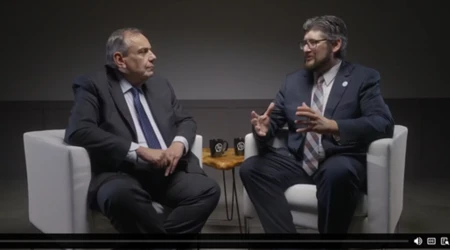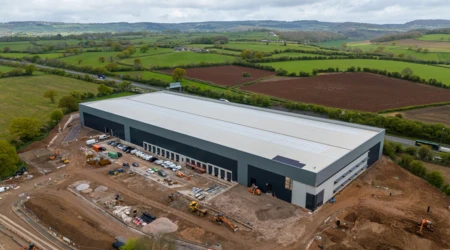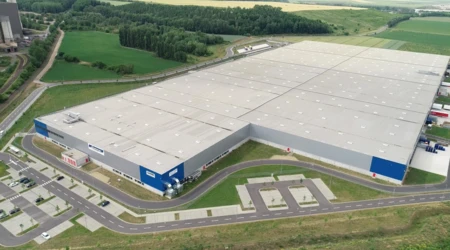Logistics and industrial real estate
Investing in corporate real estate requires a long-term strategic view. Whether you are a logistics or industrial real estate developer or an investor the current uncertain environment requires you to do a thorough analysis before deciding to make the next investment.
Doing this, it is essential that you base your real estate strategy on thorough and comprehensive analyses of economic trends, insights in the performance and dynamics of the real estate and capital markets, understanding of current and future end-user trends and developments and forecasting regional dynamics.
As a real estate developer and/or investor you are developing locations and realizing new buildings for the long term. Therefore it is key that you take the right decision on where and when to make the next investments and build new sites, on which end user target groups to focus and how to market the new sites in the right way.
In the current economic context in which you operate this is even more important. Financing of new projects has become more challenging and end-user demand differs highly per industry segment. Besides that scarcity of industrial space plays a role in many hotspot locations and pressured labor markets are impacting location choices that your current and future end users are making. The analyses of trends, the development of forecasts and a specific, fact-based vision are required to answer your key questions regarding market interest for and the feasibility of real estate projects. This accounts for specific buildings but also for locations such as campuses or real estate concepts. The development of a real estate and location concept can only be done successfully if based on detailed insights in product/service/market combinations. This includes creating a fact-based understanding of the competitive position (including pricing levels) of the new project, building or location and last but not least, thorough risk analyses. Once the decision to invest is made, you still need to determine the most effective way of marketing your (new) location, focused on a specific target group, with a focused value proposition.



Real Estate Market Analysis and Feasibility Analysis
Recognizing opportunities is a positive attitude, neglecting risks leads to bad decisions. A thorough and comprehensive market or feasibility study provides insight into the critical elements of your planned real estate concepts:
- Concept/product/service
- Specific target groups
- Competitive positioning on a regional, national or international level
- Vision on the market dynamics
- Risks, potentially leading to adjustments of the new development
In our approach we use our knowledge of the dynamics of the market, the most important players and the key trends and developments. We combine this knowledge base with a pragmatic and fully independent perspective, fact-based projections, creativity and the capacity to recognize opportunities and develop new real estate and location concepts. Based on our market and feasibility analyses, investors, developers and public authorities around the world are making successful investment decisions.
Real Estate Strategy Development
In our approach for real estate strategy development, we analyze the market dynamics and validate the level of risk acceptance and the minimally required yield. In addition we also analyze the fit with the existing real estate portfolio and your company’s overall real estate strategy. Thorough analyses of trends and the development of demand projections are keys to success. The result is a clear and fact-based recommendation on the most promising locations and buildings (industrial and logistics real estate, offices, etc.) and their match with your specific requirements, leading to a successful real estate strategy and portfolio.
Real Estate Marketing Plan Development
Developing a marketing plan for your existing or new buildings / locations starts with an insight in your most promising target groups and the selection of the appropriate mix of marketing instruments, focused on your specific situation. Marketing instruments can for example be specific trade shows or conferences where your target group is present and developing a campaign around that.
Marketing with unlimited budgets is easy; however most probably you will have limited budget for marketing and therefore require highly effective targeted approaches. Key elements in our approach are the smart identification of your most promising target groups and their specific requirements, the definition of direct marketing actions focused on these targeted segments as well as making a plan for creatively using (traditional and new) media.

08 October 2024

07 October 2024



31 January 2024

28 January 2022

20 January 2021















